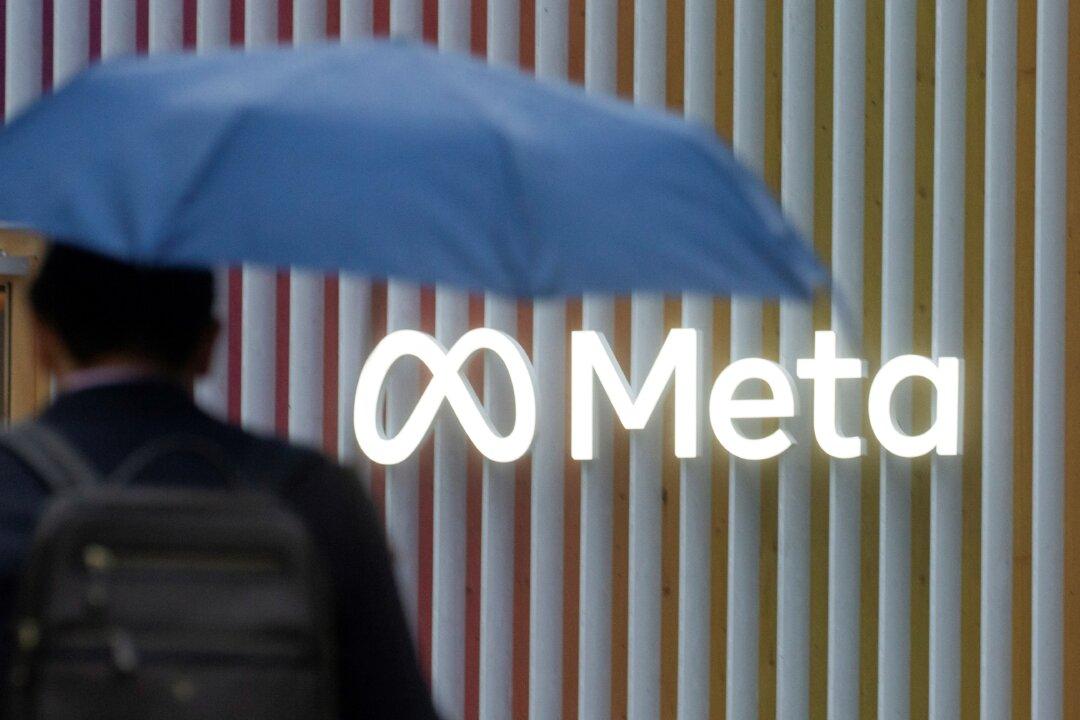Malaysia’s government said Friday that it would pursue legal action against Meta Platforms for failing to comply with its repeated request to remove “undesirable” content from Facebook.
The Malaysian Communication and Multimedia Commission (MCMC) said it had made attempts to contact Meta about harmful content posted on its social media site Facebook, but they were met with a “sluggish” response.





